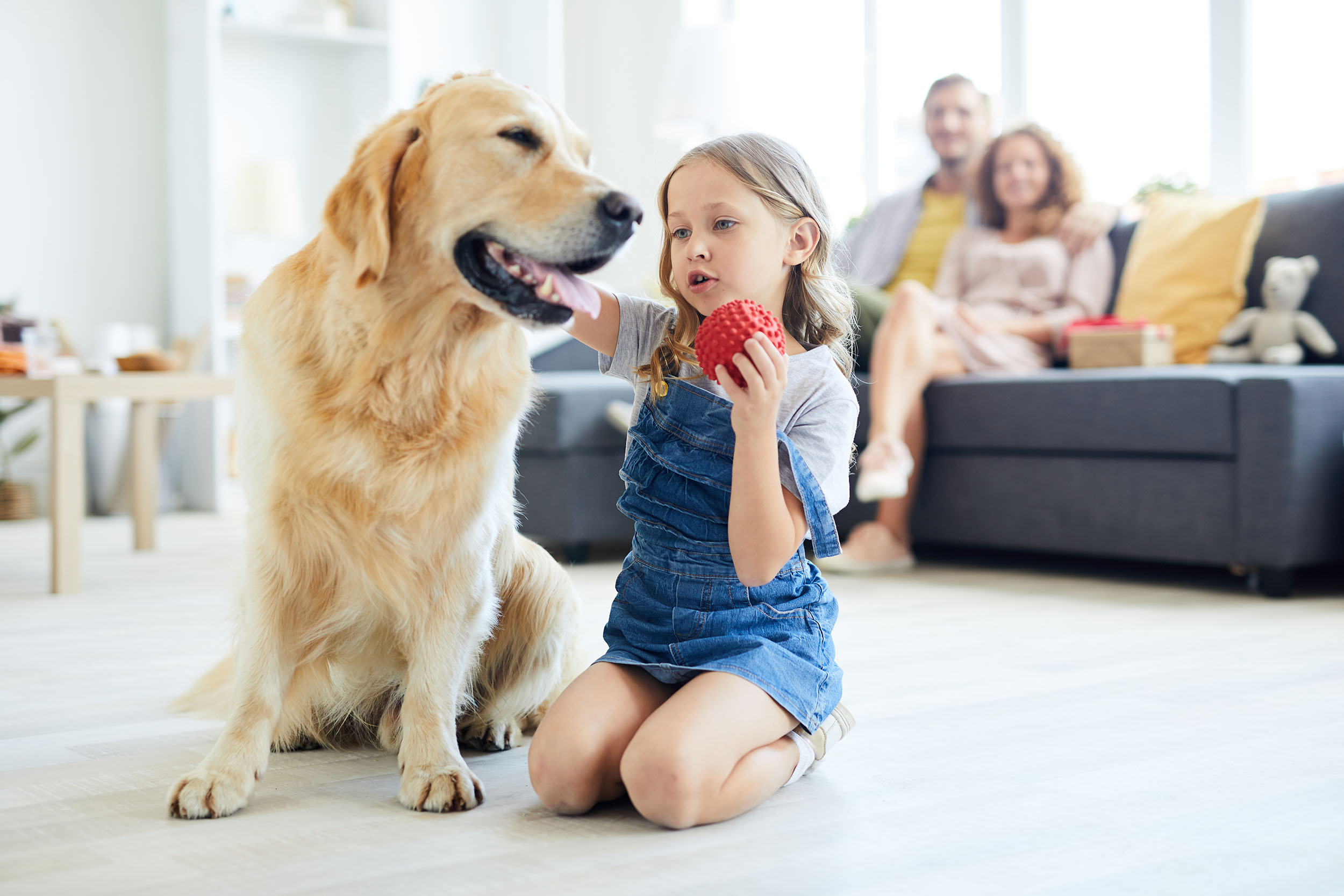When children express a desire to have a pet, they may not fully understand the responsibilities that come with pet ownership. They may assure you that they will take care of the pet themselves, but as an adult, you know that caring for a pet is a long-term commitment that goes beyond good intentions. Often, children’s enthusiasm for a pet may fade over time, and the responsibility of care can fall on the adults in the household.
Additionally, children may have a lack of experience in caring for animals and as the novelty of having a pet wears off, children may start to disagree over the responsibilities of caring for the pet, such as feeding and walking it. It’s important for the family to have a discussion and realistic understanding of the responsibilities of pet ownership before making the decision to get a pet.
If you have more than one child who wants a pet, make sure that you tell them in advance what will be expected of them when it comes to the care for the animals. You will have to outline all of the chores that will be required of the children. You can even put a chart on the refrigerator and make a schedule, so there are no questions as to who does what.
While you will want to make sure that your children live up to their responsibilities when taking care of their pets, be prepared to pick up the slack when your child “forgets” to care for the animal. Unlike your child’s room, which he or she may also neglect, the pet is a living thing. It will do for you to “teach your child a lesson” by allowing the creature to have an unclean environment in which to live or not have food and water.
You are better off to care for the animal when your child forgets and penalize your child for not taking care of the pet. There will be, of course, some instances when your child cannot take care of the pet. You certainly don’t want to send your child out with a fever to walk the family dog because it is “his turn,” nor do you want to make your child go out late at night with the dog or in inclement weather. Be prepared to have to care for this animal yourself in some ways.
Punishing children by withholding their own food as a consequence for forgetting to feed their pet, is not an appropriate or effective method of discipline. This practice is also considered to be inhumane. Instead, it is more effective to take away a non-essential privilege, such as watching television, as a consequence for neglecting their pet care responsibilities. Using food as a punishment or reward can lead to negative associations with food for children, so it’s best to avoid using food in this way.
You can also take your child to the local library so that they can read up on animal care. Make sure that your children learn as much as possible about the type of pet that they have and the appropriate care. Thanks to the internet, they may even be able to join some sites for children with pet owners and interact with other children who also have pets. As always, when allowing your children to use the internet, use careful supervision.
When you take your pet to the vet, make sure that the children come along, if at all possible. Taking your pet to the vet is part of the process of caring for the animal and your children should be part of this experience. Make sure that you involve your children in all aspects of the life of your pet as it will not only be a learning experience for your children but a lesson in caring as well.
In addition to caring for their pets physically, your children must also learn to care for the animals emotionally. This is particularly true in the case of dogs, who really need attention. All too often, children get a dog, enjoy playing with the animal, and get bored with the pet. They tend to begin to neglect the animal and no longer want to spend time with their pet. They may go through the motions of taking care of the pet, but they may be fighting you on it and some children will even suggest getting rid of the dog to avoid the work.
When considering getting a pet, it’s important for children to understand that a pet is not a disposable item like a pen, it’s a living being with needs and feelings that require care and commitment for its whole life. It’s vital to educate children on the importance of responsible pet ownership and the commitment it entails before bringing a pet into the home. The initial excitement of getting a pet, whether it’s a kitten, puppy, or any other animal, should not be the sole reason for the decision, as pets require constant care, attention, and responsibility.
It’s important to be aware that as the pet grows and matures, the needs and care for it may change, and the adorable kitten or puppy may no longer be as amusing. It’s important to take into consideration that dogs are highly social animals, and they require a lot of attention, while cats are more independent, however, they still have needs that should be met.
It’s important to encourage and facilitate regular interaction and bonding between children and their pets by involving them in activities such as outdoor playtime. This ensures that the children understand the importance of taking care of their pets and will also foster a sense of responsibility and empathy towards the pet.
As children grow older and become busy with school and social activities, it’s natural for them to spend less time with their pets. However, it’s crucial for them to make a conscious effort to not neglect their pet and continue to be responsible for its care. Encouraging a consistent and loving bond between children and pets will help them to have a positive and healthy relationship over time.



